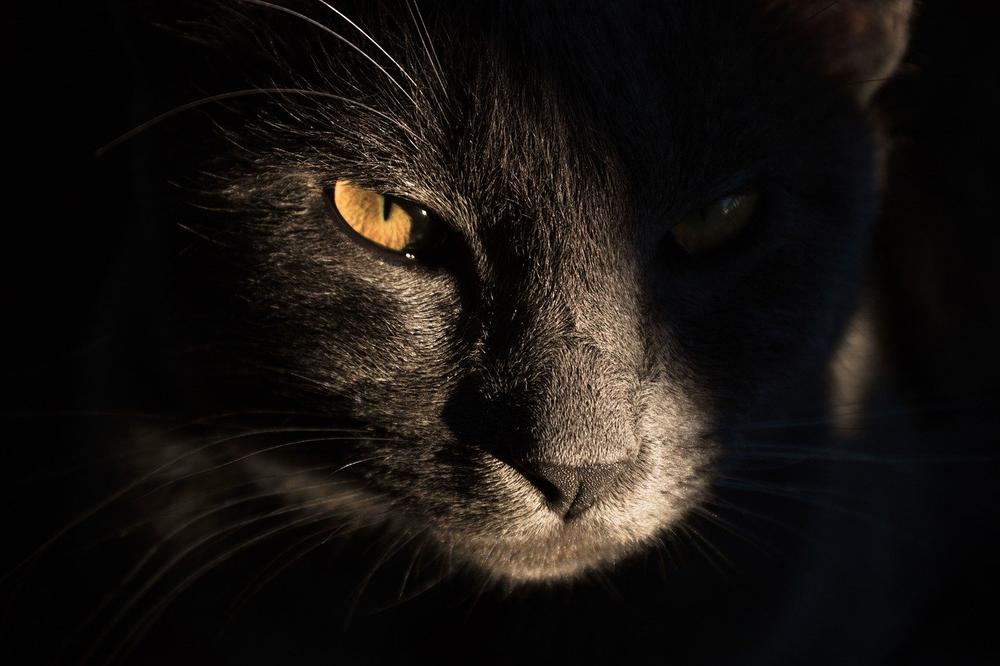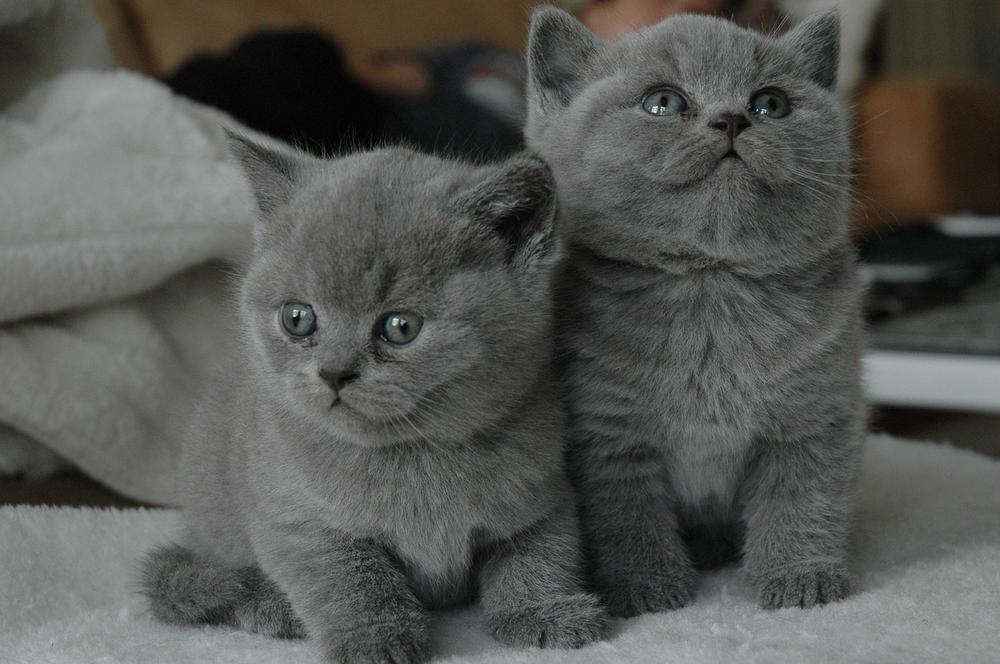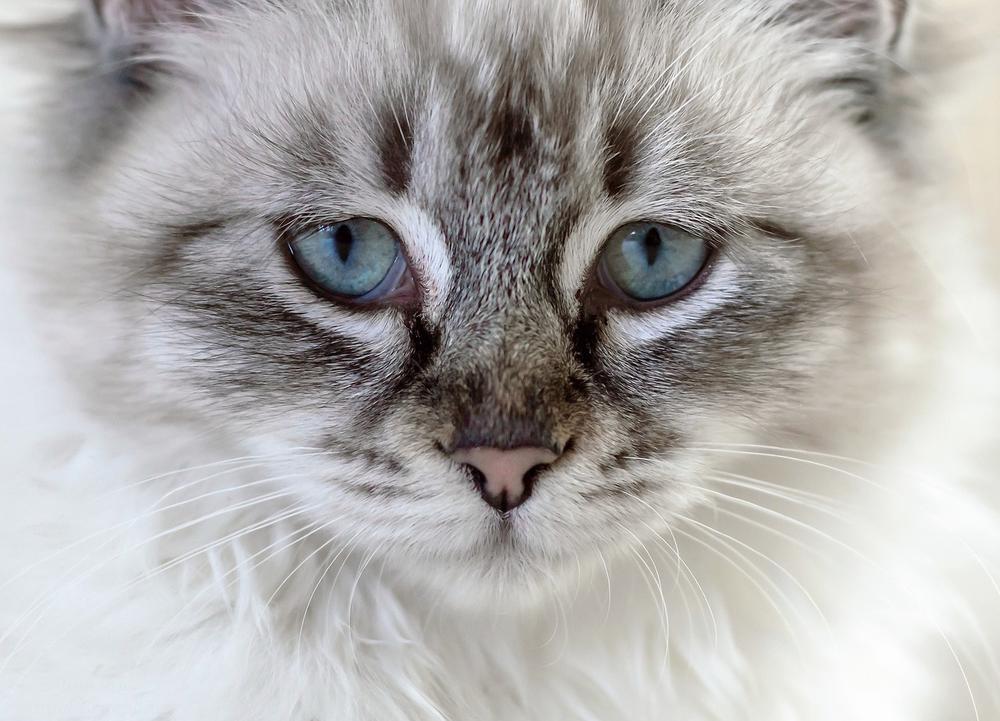Can Cats Eat Yogurt? What Types of Yogurt Are Safe?

Imagine this:
You're sitting there, spoonful of creamy yogurt in hand, when a flash of concern crosses your mind. 😮
What if cats could eat yogurt?
Could it be safe?
Could it actually be beneficial?
Don't worry, I've got all the answers.
Keep reading.
Can Cats Safely Consume Yogurt?
Cats can safely eat yogurt in moderation, as it contains less lactose than milk. However, you ought to start with small portions and monitor for any digestive issues. Consult with a vet, especially for kittens with sensitive stomachs, to ensure proper nutrient intake.
Is it Safe for Cats to Eat Yogurt? 😺
Let me give you the lowdown:
If your kitty has lactose problems, they can still enjoy a bit of yogurt since it has less lactose than milk.
But remember, don't go overboard with it. Give them a small amount occasionally, and keep an eye out for any tummy troubles.
When bringing yogurt into your cat's diet, start slow. Begin with a small portion and see how they handle it – especially if they've never tried it before.
Here's the serious part: cats are carnivores!
Some human foods can mess with their health. Yogurt can be tricky because cats can't break down lactose.

To stay safe, talk to your vet before adding yogurt to your cat's menu.
Kittens with sensitive stomachs need certain nutrients for proper growth, so it's best to get expert advice.
Now, here's the good news: yogurt does have some benefits for your furry friend.
It's packed with calcium and protein, and some cats actually love the taste.
Just be sure to keep portions small and infrequent to avoid any tummy upsets.
So, while yogurt may not be for every cat, it won't hurt to give them a little treat every now and then.
Always prioritize your cat's well-being, introduce new foods cautiously, and reach out to your vet whenever you're worried.
And now, let's dive deeper into the topic of yogurt for cats and explore the various considerations when it comes to choosing the right type and ensuring their safety while enjoying this treat...
What Types of Yogurt Are Safe for Cats?
| Type of Yogurt | Description |
|---|---|
| Plain, unsweetened yogurt | Generally safe for cats. Contains probiotics that can promote healthy digestion. |
| Flavored yogurt | Should be avoided due to higher sugar content. May lead to weight gain, dental issues, and upset stomach. |
| Greek yogurt | Contains lower lactose and sugar levels compared to regular yogurt. Can be given in moderation. |
| Low-fat or non-fat yogurt | Recommended options for cats to prevent weight gain. |
| Sweeteners like xylitol | Look out for toxic sweeteners like xylitol, which can be harmful to cats. Check ingredient labels. |
Generally, plain, unsweetened yogurt is safe for cats unless they have issues with dairy. If your furry buddy can't handle dairy, I'd suggest avoiding yogurt altogether.
But that's not all...
You should also steer clear of flavored yogurts for your feline friend.
Why?
They contain more sugar which could potentially harm your cat.
So what's a better choice?
I recommend Greek yogurt...
It has lower levels of lactose and sugar, making it a safer option for your cat.
Just remember:

Moderation is crucial.
If you want to be extra cautious, opt for low-fat or non-fat yogurt.
Doing so helps prevent pancreatitis in cats.
Don't forget to read the label too.
Watch out for sweeteners like xylitol since they are toxic to cats.
Make sure to keep the yogurt out of reach, so it doesn't become a regular snack for your cat.
When it comes to cats and yogurt, choose plain, unsweetened options, go Greek, and keep an eye on those ingredients.
So, now that you know the types of yogurt that are safe for cats, let's dive into the topic of milk.
You may be surprised to learn that most milk bought in grocery stores is not suitable for domesticated cats.
Curious why?
Keep reading to find out...
Can Cats Drink Milk?
Milk from the grocery store is not good for cats, just like it's not good for you.
Cats lack an enzyme called lactase that breaks down the sugar in dairy products.
Without this enzyme, your feline friend may have trouble digesting milk and end up with an upset stomach.
Instead of regular milk, consider giving your cat yogurt as a treat.
But remember, not all yogurts are safe for cats either.
Always read labels and look for plain, unsweetened yogurt without any added ingredients that could harm your furry friend.
Please bear in mind that most milk bought in grocery stores is not suitable for domesticated cats.
Benefits of Yogurt for Cats
Did you know that cats can benefit from yogurt too? 🐱
Here are a few perks for your feline friend:
- Helps with digestion: The good bacteria in yogurt can ease tummy troubles like IBS and bloating for your cat.
- Packs essential nutrients: Probiotics, calcium, protein, B vitamins, phosphorus—the list goes on. All these goodies contribute to your cat's overall health.
- Boosts the immune system: Thanks to those trusty probiotics, yogurt can bolster your cat's defenses against sickness and infections.
- Adds extra protein: Cats love the protein and fats in yogurt, so it can be a nice protein boost for them.
- Gives 'em more vitamins and minerals: Nobody likes missing out on vitamin C, D, B12, potassium, or magnesium. Good thing yogurt has them all!
Kittens won't get much nutritional value from yogurt.
So, next time you enjoy your creamy snack, share some love with your furry buddy!

By now, you've seen the amazing benefits that yogurt can bring to your furry friend.
But did you ever wonder about other foods that can safely enhance your cat's health? Well, wonder no more! If you're curious about whether cats can eat oatmeal and want to learn all about the potential benefits and precautions, I've got you covered.
Check out my article Can Cats Eat Oatmeal to satisfy your curiosity and ensure the well-being of your beloved feline companion.
It's time to dive into the fascinating world of feline nutrition!
How Much Yogurt Can a Cat Eat?
Yogurt is not suitable for kittens
You know, yogurt doesn't really give kittens any nutritional benefits. They have specific needs when they're growing up, and yogurt doesn't provide the nutrients they need to thrive.
Moderation is important when giving cats yogurt
If you give cats too many extras, it may upset their diet.
So, it's best to only give them yogurt once a week or even less often if possible.
And when you do give them yogurt, just a teaspoon will do.
That's all!
Don't replace meals with treats, including yogurt
Now, while it's okay to give occasional treats like yogurt, replacing full meals with these treats is a big no-no.

We don't want our furry friends to miss out on essential nutrients that are found in proper cat food.
Feeding cats too much yogurt can lead to issues like obesity or digestive problems, which isn't what we want. Stick to the recommended amount of three to five tablespoons per week, and that'll keep everything perfectly balanced.
Following the 90/10 rule is crucial.
90% Of your cat's calories should come from their regular cat food, while only 10% should be from treats like yogurt.
It's all about maintaining that perfect balance!
But it's worth mentioning that there are potential risks associated with cats eating yogurt, which I'll discuss next:
The Impact of Yogurt on Cats: Side Effects Explored
I know you love cats, and you might want to give them some yogurt because they look super cute when they beg.
But hold on, there are a few things you should know...
Yogurt can have some serious effects on cats, so pay attention:
- Their tummies may not handle it: Cats can't always handle dairy, and too much yogurt can make them vomit or give them diarrhea because they become lactose intolerant.
- Watch the calories: Yogurt has a lot of calories, and if your cat eats too much, it could contribute to obesity. Obesity in cats leads to diabetes and pancreatitis, which isn't good.
- Allergies happen to cats too: Just like us humans, cats can develop allergies to foods, including yogurt. If they can't tolerate it, they might have diarrhea or vomit as an allergic reaction.
- Be wary of artificial sweeteners: Some yogurts have artificial sweeteners that can hurt cats. These sweeteners mess with their digestion and could even be toxic for them.
Having a little bit of yogurt once in a while might not be too bad, but don't forget about these potential problems before sharing your yogurt with your furry friend.
So, keep your cat's health in mind and go for treats made specifically for cats instead.
Healthier Cat-Specific Treat Options
When it comes to cat treats, go for healthier options.
Vet-recommended treats or homemade snacks are perfect for your cat.
You see, cats should get all their essential nutrients from their food.
Treats should only be an occasional extra, not a replacement.

But if you want alternative snacks, stick with options made specifically for cats.
This way, you won't give them potentially harmful foods or snacks that contain dangerous substances.
Luckily, there are many healthier cat-specific treat choices on the market.
By giving your cat a high-quality diet and healthy treats, you can keep them in good overall health and avoid costly medical issues later on.
So, make your furry friend happy and healthy by choosing the best snack options for them.
Cat-Friendly Treats: A Healthier Alternative
- Cats can safely consume yogurt, but it should be limited.
- Start with a small amount if your cat has never tried yogurt before.
- Plain, low-fat yogurt is generally safe for cats.
- Cats can be lactose intolerant, so avoid dairy products if possible.
- Avoid flavored yogurt due to higher sugar content.
- Greek yogurt can be given to cats in moderation.
- Check yogurt ingredients for sweeteners like xylitol, which is toxic to cats.
- Plain yogurt contains beneficial probiotics and calcium for cats.
- Yogurt should be given as an occasional treat, not a replacement for meals.
- Too much yogurt can lead to digestive issues and obesity in cats.
- Consider vet-recommended cat treats or homemade snacks instead of yogurt.
- Prioritize a high-quality diet for your cat's overall health.
And that wraps up today's article.
If you wish to read more of my useful articles, I recommend you check out some of these: Can Cats Drink Alkaline Water, Can Cats Eat Mayonnaise, Can Cats Drink Lemon Water, Can Cats Drink Chocolate Milk, and Can Cats Drink Orange Juice
Talk soon,
-Sarah Davis